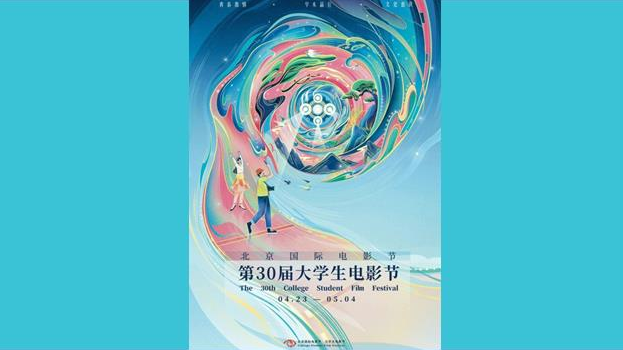
The poster for the 30th BCSFF. /BJIFF
The poster for the 30th BCSFF. /BJIFF
Known as a cradle to cultivate the next generation of talent for the Chinese film industry, the 30th Beijing College Student Film Festival (BCSFF), a sidebar running alongside the Beijing International Film Festival (BJIFF), launched on Sunday.
The BCSFF is a national film festival hosted by Beijing Normal University (BNU) and organized by its School of Art and Communication. In the past 28 years, the festival has always adhered to the tenet of "Passion, Academic Sense, and Cultural Awareness." In doing so, it has become a cultural business card with significant brand influence at home and abroad.
Since 1993, the BCSFF has been devoted to involving youth power in the development of Chinese cinema through its distinctive features of "Organized by College Students, Enjoyed by College Students, Filmed by College Students, Appraised by College Students" with an emphasis on youth, academics and openness.
At the "Youth Night" for the 30th BCSFF on May 4, movie fans and college students nationwide will be invited to witness the birth of the outstanding domestic film "Youth Honor."
The director with the most awards
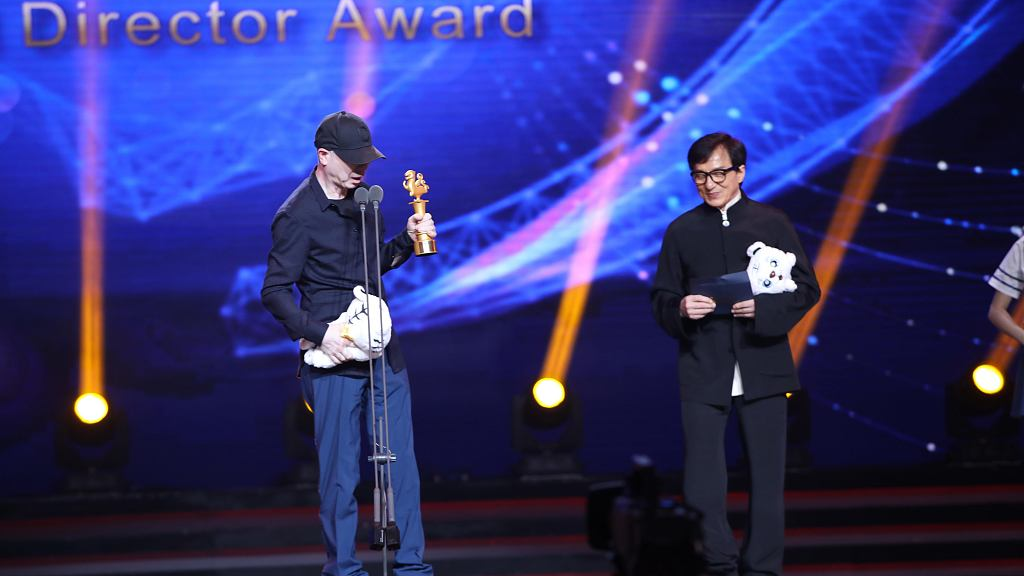
At the closing ceremony of the 24th BCSFF, Jackie Chan presents the best director award to Feng Xiaogang, Beijing, May 26, 2017. /CFP
At the closing ceremony of the 24th BCSFF, Jackie Chan presents the best director award to Feng Xiaogang, Beijing, May 26, 2017. /CFP
Feng Xiaogang, a renowned Chinese film director and screenwriter, is undoubtedly the darling of the BCSFF, with one Best Actor award, three Best Director awards, three Favorite Director awards, and two Best Film awards, making him the most awarded person in the history of the festival.
Feng won the Best Film and Best Director awards at the 15th BCSFF for the war film "Assembly." The historical film "Back to 1942," also directed by Feng, won Best Film at the 20th BCSFF. He won the Best Actor award at the 23rd BCSFF for his performance in the film crime drama "Mr. Six." At the 24th and 25th BCSFF, he won the Best Director award with "I Am Not Madame Bovary" and "Youth," respectively. Feng has won the hearts of college students and was named Favorite Director three times at the 11th, 12th and 18th BCSFFs.
Most awarded actor and actress
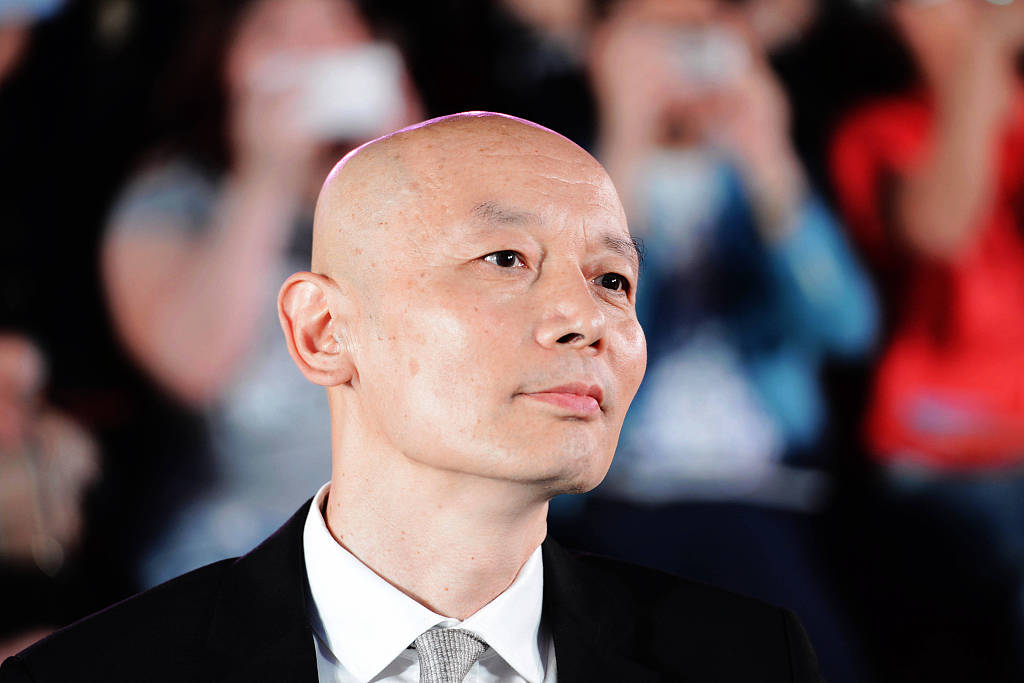
File Photo of Ge You. /CFP
File Photo of Ge You. /CFP
Chinese actor Ge You, born on April 19, 1957, won the Best Actor award at the 18th BCSFF for performing in the historical drama film "Sacrifice." He was selected as the Favorite Actor in the 5th, 9th and 10th BCSFF Students' Choice Awards.
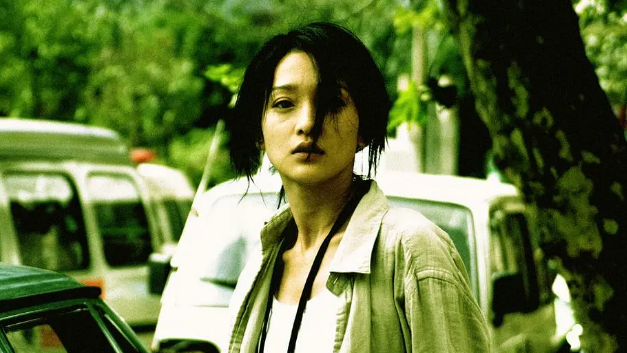
Zhou Xun in "The Equation of Love and Death." /Douban
Zhou Xun in "The Equation of Love and Death." /Douban
Zhou Xun, born in 1974, is a Chinese actress and singer. She is regarded as one of the Four Dan Actresses of China (four most bankable young actresses).
She was selected as the Favorite Actress in the 10th and 13th BCSFF Students' Choice Awards. At the 16th and 25th BCSFFs, she won the Best Actress award with her performances in "The Equation of Love and Death" and "Our Time Will Come."
The winner who's most advanced in age

File photo of Xie Jin. /CFP
File photo of Xie Jin. /CFP
Xie Jin (1923-2008) was a famed Chinese director who made his film directing debut in 1957 with the acclaimed "Woman Basketball Player No. 5" He went on to create other popular features such as "The Red Detachment of Women," "The Herdsman," "Legend of Tianyun Mountain," "The Opium War" and "Hibiscus Town." He was active in directing until 2001 with his last film, "Woman Soccer Player No. 9."
Xie was a popular director amongst the older generations of Chinese, with six of his films being voted Best Picture in the Hundred Flowers Awards. The Herdsman, shown in 1982, registered a record 150 million viewers. Three times his films won the Golden Rooster, a top award in the Chinese film industry.
"He devoted himself to movies. The most valuable thing to me is that he insisted on focusing on human nature and relationships, no matter the changes of time," writer Zhang Xianliang said after Xie passed away, remarking that almost every film directed by Xie was iconic during different periods.
Zhang said he took on some taboo subjects, which he became famous for, in the early 1980s when China was still recovering from the Cultural Revolution, with the support of Xie.
The first non-native winner
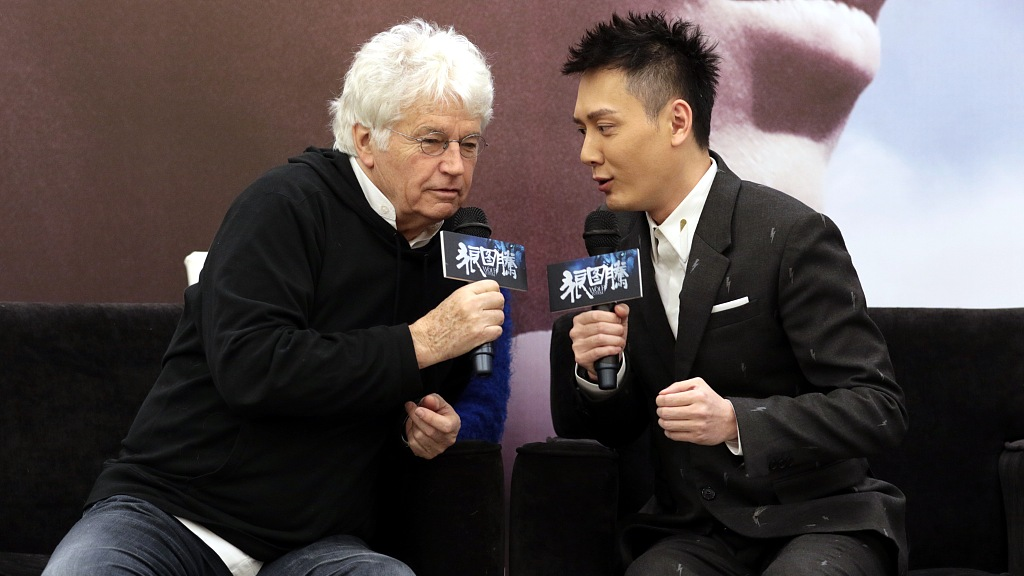
Director Jean-Jacques Annaud (L) during the launch for "Wolf Totem" with Chinese actor Feng Shaofeng, the lead in the movie, Shanghai, February 5, 2015. /CFP
Director Jean-Jacques Annaud (L) during the launch for "Wolf Totem" with Chinese actor Feng Shaofeng, the lead in the movie, Shanghai, February 5, 2015. /CFP
"Wolf Totem" is a 2015 drama based on the 2004 Chinese semi-autobiographical novel of the same name by Jiang Rong, directed by Oscar-winning French director Jean-Jacques Annaud, who won the Best Director Award at the 22nd BCSFF for this film.
The novel was a huge domestic success, with nearly five million official copies sold. It has been translated into around 40 languages and won the 2007 Man Asian Literary Prize, the Asian equivalent of the Booker Prize.
The same year, Jean-Jacques Annaud also won the Best Director award at the BJIFF's Tiantan Awards. "Wolf Totem" is a co-production between China and France, and the film had a wide range of international participation.
(With input from Xinhua)